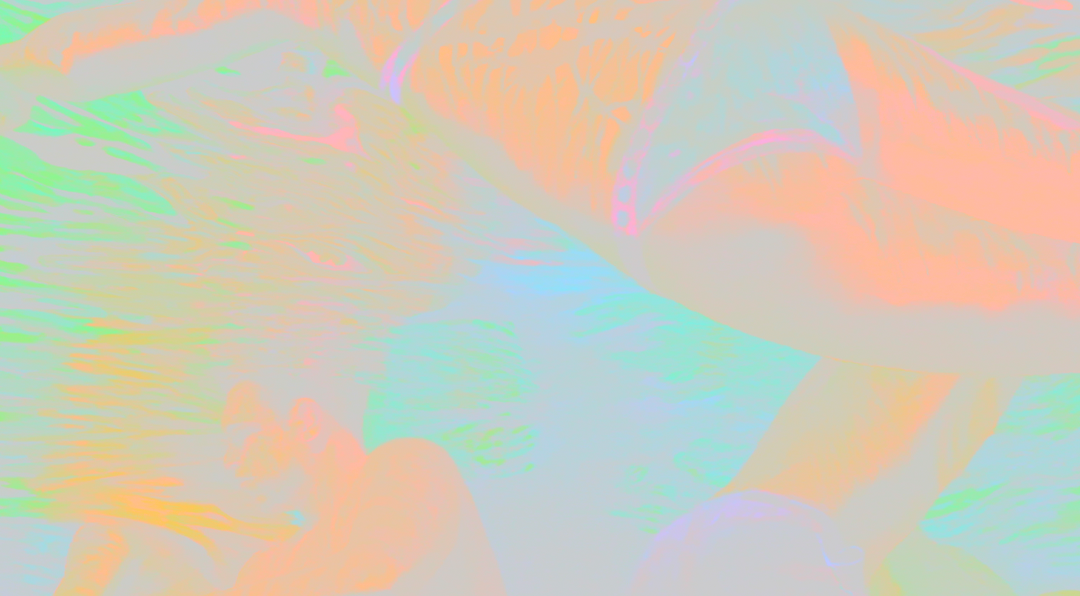
"On Pride and Precarity" by Kathy Friedman
Written by Kathy Friedman, author of All the Shining People
My journey to not only accept the disabled parts of myself, but to proudly celebrate them, began with literature. In my late twenties, soon after I was discharged from a psychiatric ward, a good friend sent me an award-winning essay by Hilary Dean called “Vocational Rehabilitation,” about her experiences of psychosis and hospitalization. Until that point, I was familiar with narratives of mental illness told by well-meaning family members and medical professionals, our society deeming them more credible storytellers than people with their own lived experience. Yet if I needed proof that disabled people indeed possess the bold literary acumen to tell our own stories, then here was Dean’s essay: funny and angry and whip-smart.
The essay helped me realize that there could be another way to feel about my own madness, beyond shame. That one day, I might be able to write about it. Perhaps I could even make others feel that they didn’t have to navigate their madness alone, as Dean’s writing had done for me.
I began to seek out the work of other mad writers and activists: Esmé Weijun Wang, Roxanna Bennett, Rowan McCandless, Syrus Marcus Ware, Terese Marie Mailhot, and Mary O’Hagan. Many of these writers weren’t just telling stories, they were remaking the way stories are told, expanding their form until it was large enough to hold disabled people’s joy and pain. And they were driving home the message that in addition to its part in the larger disability justice movement, mad pride intersects with international racial, economic, sexual, environmental, anticolonial, and gender justice struggles, from police abolition to Palestinian liberation. Audre Lorde’s famous quotation, “There is no such thing as a single-issue struggle because we do not live single-issue lives,” feels especially pertinent to the movement for disabled people’s dignity and success. Lorde herself had been fighting cancer for five years when she spoke these words as part of a commencement address.
As a reader in my late teens and early twenties, Lorde’s work had helped me understand literature’s necessary role as an agent of social change. Her books, and those of other Black women writers like Alice Walker, Toni Morrison, Lillian Allen, bell hooks, and Dionne Brand had made me feel both seen and called upon to act. Although these authors were writing towards their own liberation as Black women, in their capacious literary vision, I sensed a place for myself as a reader, a listener, and hopefully, an ally. I’ve continued to seek out books that make particular communities and histories visible. House of Anansi has published some of my favourites: We Two Alone by Jack Wang, Frying Plantain by Zalika Reid-Benta, You Are Not What We Expected by Sidura Ludwig, This Accident of Being Lost by Leanne Betasamosake Simpson, The Truth About Stories by Thomas King, In-Between Days by Teva Harrison, and Her First Palestinian by Saeed Teebi.
While the traditional publishing industry has made some progress in presenting Own Voices narratives, disabled writers are particularly susceptible to financial and social precarity, and resources in what’s known as Canada are scant. Measures that would help include more disabled industry professionals and book reviewers; sustainable, rather than piecemeal, arts funding; more accessible, funded residencies; targeted scholarships for MFA and MA writing programs; targeted mentorship opportunities; and literary awards for disabled writers.
In failing to adequately support disabled authors, CanLit misses out on our unique voices and wisdom as well as new, transgressive modes of storytelling. Disabled readers miss out on the vital and validating experience of seeing ourselves accurately reflected in stories, and the opportunity stories provide to connect with disability-focused communities and movements. Mad writers’ voices, in particular, have sustained me throughout my recovery journey. It would have been much easier if I’d had access to this source of hope and sense of connection even sooner.
My ultimate goal: a world in which every mind and every body isn’t simply tolerated or included, but welcomed. A world in which disabled people thrive.
Note on the title: On July 2,2023, disability activist Alice Wong tweeted: “Instead of #DisabilityPrideMonth, how about #DisabilityPrecarityMonth where we organize and fight like hell? Pride is complicated and flattens out a lot of the joy, love, and care that is intertwined with pain, systemic ableism, and trauma.”
KATHY FRIEDMAN emigrated with her family from South Africa to the suburbs of Toronto when she was five. She studied creative writing at the University of British Columbia and the University of Guelph, and was a finalist for the Writers’ Trust Bronwen Wallace Award for Emerging Writers. Her writing has appeared in publications such as Grain, Geist, PRISM international, Canadian Notes & Queries, and the New Quarterly. She teaches creative writing at the University of Guelph and is the co-founder and artistic director of InkWell Workshops. Kathy Friedman lives in Toronto.
Learn more about All the Shining People

